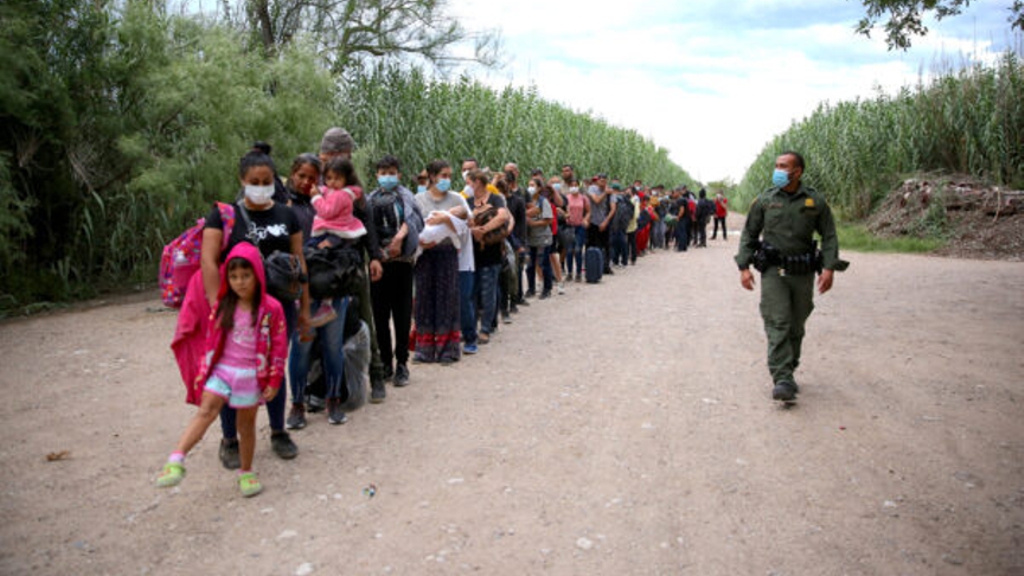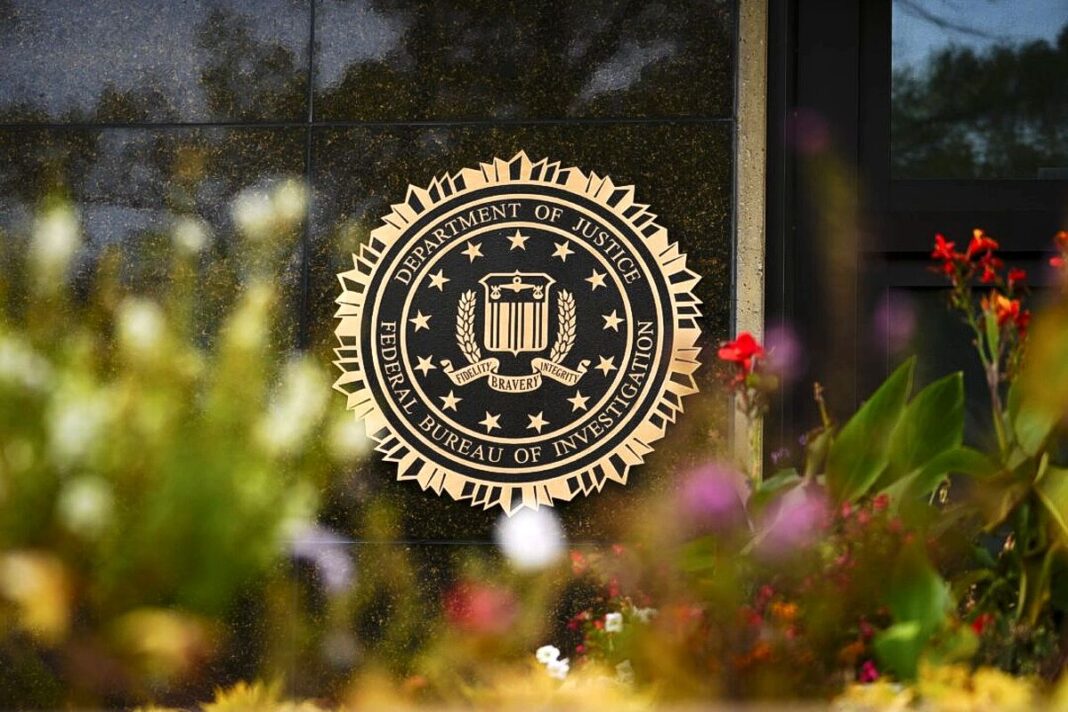Detainees must be warned in advance of their deportation, allowed to claim fear of torture, and given time to contest removal, the judge ruled.
A federal judge has blocked the Trump administration from deporting illegal immigrants to Libya or any other third country without first giving them notice and an opportunity to claim protection under U.S. law, after reports surfaced of an imminent military flight carrying detainees to the North African nation.
U.S. District Judge Brian Murphy, in a series of rulings issued on May 7 from the bench and in court filings, said that any effort to remove noncitizens without procedural safeguards would be a clear violation of an earlier injunction that he issued on April 18.
“If there is any doubt—the Court sees none—the allegedly imminent removals, as reported by news agencies and as Plaintiffs seek to corroborate with class-member accounts and public information, would clearly violate this Court’s Order,” Murphy wrote in his May 7 ruling.
Murphy’s April 18 order prohibits the Department of Homeland Security (DHS) from carrying out so-called “third-country removals” unless detainees are first given written notice in a language they understand, a chance to request a reasonable fear screening, and at least 15 days to file a motion to reopen their immigration case if the screening is denied. That order effectively barred DHS from deporting illegal immigrants with final removal orders to a country that is not their home country without first giving them a chance to raise claims that, if sent there, they would face persecution, torture, or death.
The judge’s emergency ruling on May 7 came hours after the plaintiffs in the class-action case filed a request for a temporary restraining order, citing news reports and attorney declarations indicating that DHS and possibly the Department of Defense (DOD) were preparing to deport several Laotian, Vietnamese, and Filipino nationals to Libya without those protections in place.
“This motion should not even be required as it blatantly defies this Court’s preliminary injunctions,” attorneys for the plaintiffs wrote, while describing Libya as a country “notorious for its human rights violations.”
By Tom Ozimek








